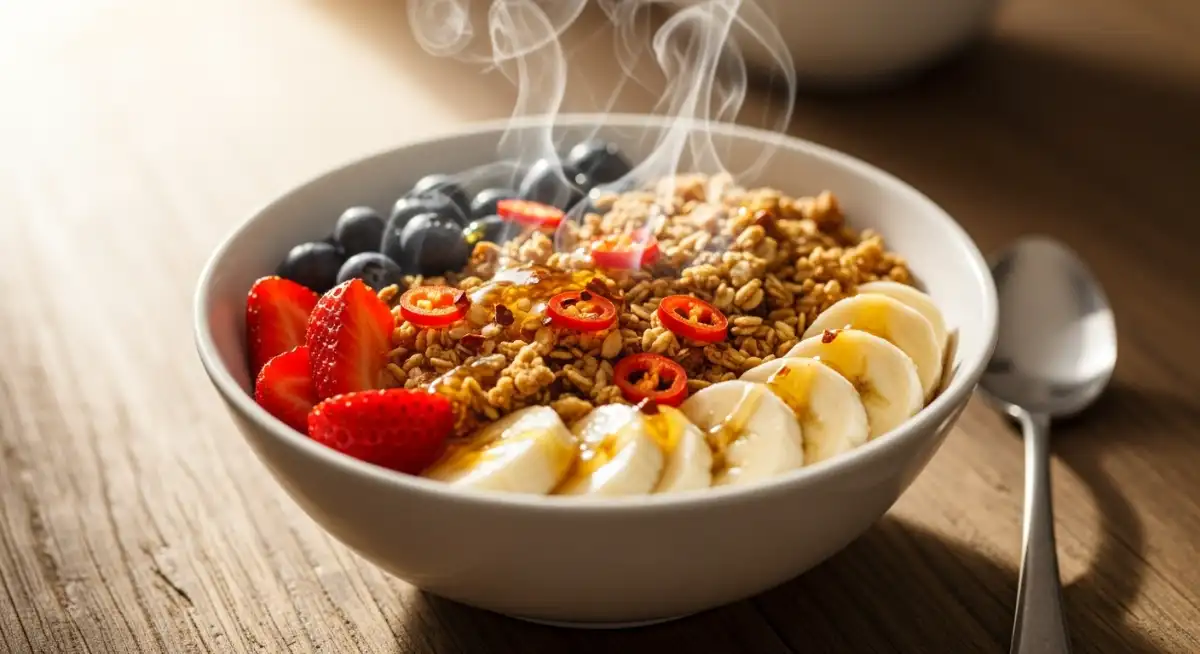Bringing a new puppy into your home can be an exciting and rewarding experience, but it also requires a lot of work and dedication to properly train and socialize your furry friend. In this article, we will discuss 10 essential puppy training tips that will help you set your puppy up for success.
- Establish a Routine
Dogs thrive on routine, so it’s important to establish a consistent schedule for feeding, potty breaks, playtime, and training sessions. This will help your puppy feel more secure and confident in their environment, and make it easier for them to learn and adapt to your household rules. - Socialize Your Puppy
Socialization is crucial for a puppy’s development, and it should start as early as possible. Expose your puppy to a variety of people, animals, and environments to help them become well-adjusted and confident in different situations. Puppy classes and playgroups can also be great opportunities for socialization. - Use Positive Reinforcement
Positive reinforcement is the most effective and humane way to train your puppy. Reward your puppy with treats, praise, and attention when they exhibit desired behaviours and ignore or redirect unwanted behaviors. Never use physical punishment or harsh methods to train your puppy, as it can damage the bond between you and your dog. - Be Patient and Consistent
Puppies have short attention spans and may not understand commands right away, so it’s important to be patient and consistent with your training. Keep your training sessions short and frequent, and use the same commands and rewards every time. With time and practice, your puppy will learn what is expected of them. - Start with Basic Commands
Basic commands like sit, stay, come, and leave are essential for a well-trained dog, and they should be taught early on. Start with one command at a time, and gradually add more as your puppy progresses. Always use positive reinforcement and keep your training sessions fun and engaging. - Supervise Your Puppy
Supervision is important to prevent your puppy from getting into trouble or causing damage to your home. Use baby gates or crates to confine your puppy when you can’t watch them, and supervise them closely when they are out of confinement. This will also help you catch and correct unwanted behaviours before they become habits. - Teach Bite Inhibition
Puppies explore the world with their mouths, and they may nip or bite during play or teething. It’s important to teach your puppy bite inhibition, or how to control the force of their bites, to prevent them from causing harm to humans or other animals. Yelping or saying “ouch” when your puppy bites too hard can help them learn to be gentler. - Potty Train Your Puppy
Potty training is a crucial part of puppy training, and it requires patience and consistency. Take your puppy outside frequently, especially after meals, naps, and playtime, and reward them with treats and praise when they go potty outside. Accidents will happen but never punish your puppy for them. - Teach Your Puppy to Walk on a Leash
Teaching your puppy to walk on a leash is important for their safety and your peace of mind. Start by getting your puppy used to wearing a collar or harness, and then practice walking on a leash in a quiet and familiar environment. Reward your puppy for walking calmly on the leash, and use positive reinforcement to correct unwanted behaviors. - Provide Mental and Physical Stimulation
Puppies have a lot of energy and need both mental and physical stimulation to stay happy and healthy. Provide your puppy with plenty of toys and puzzles to keep their minds engaged, and take them for walks and playtime to burn off excess energy. A tired puppy is a happy puppy, and it will be less likely to engage in





